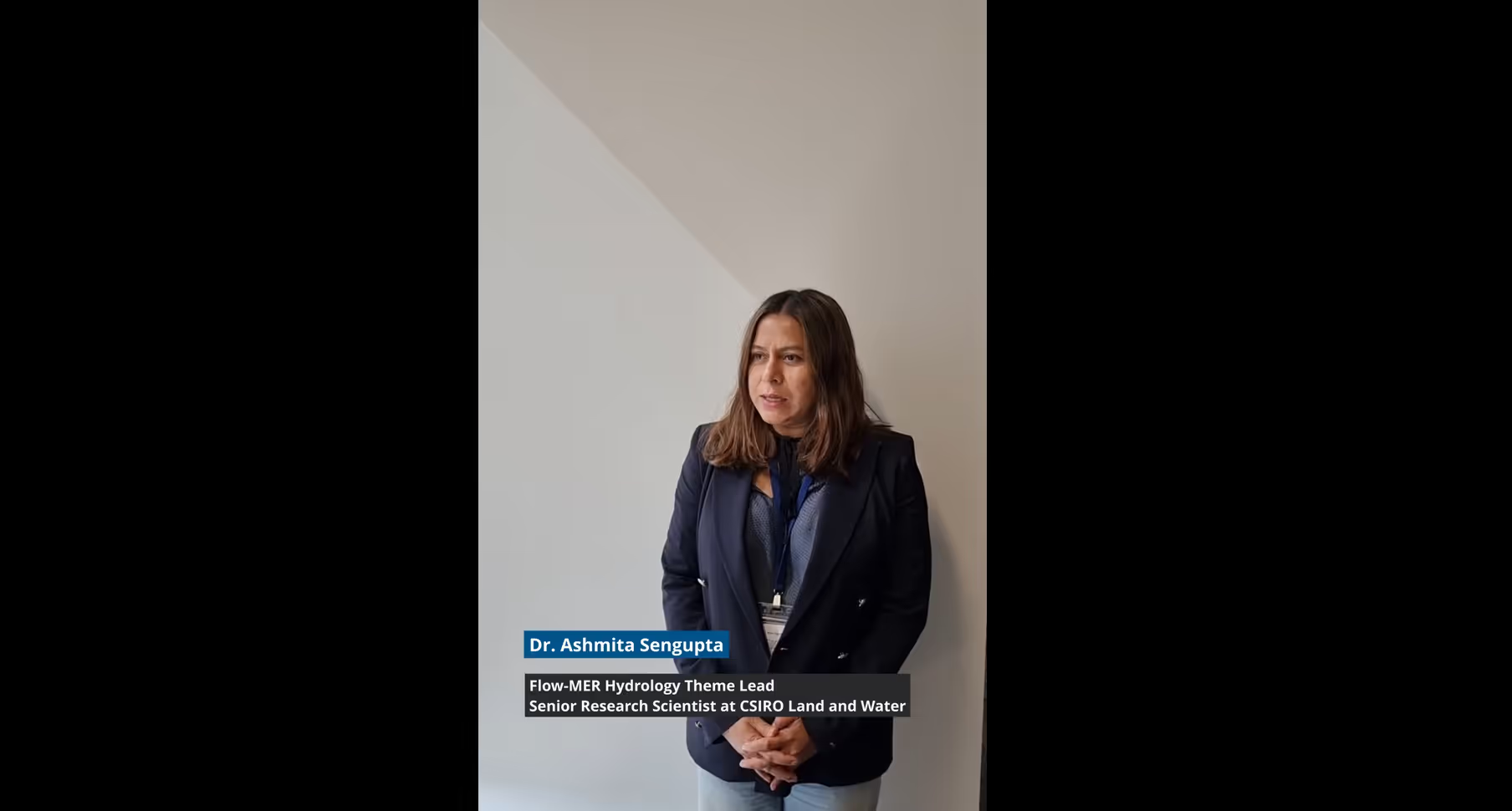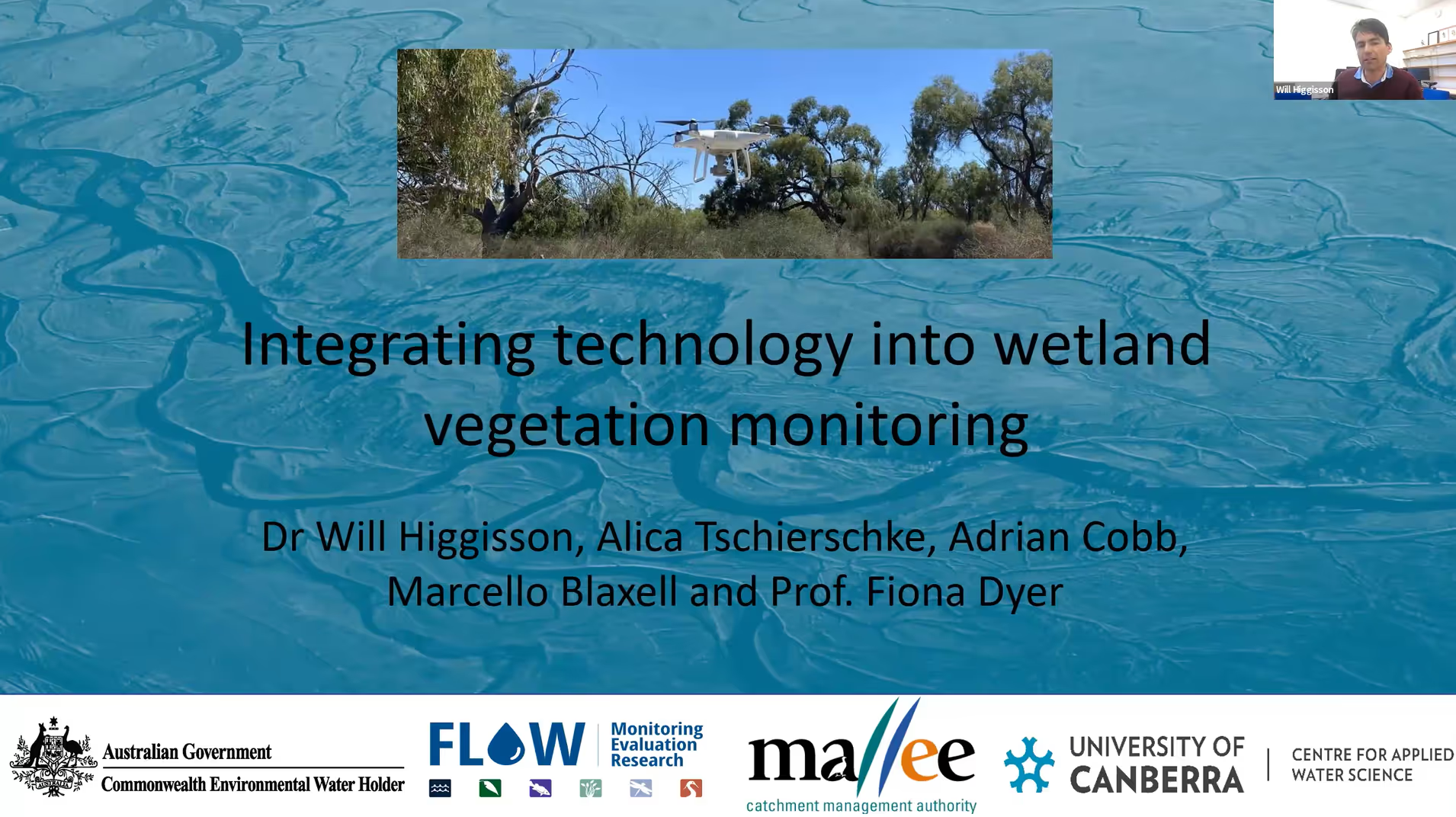.jpg)
Citizen science projects involve public participation in and engagement with science. This Flow-MER Friday webinar features case studies from Dr Munique Reid, Gwydir River System and Darling and Warrego River Systems Area-scale projects & Prof. Robyn Watts, Mid-Murray River System Area-scale Project.



















































































